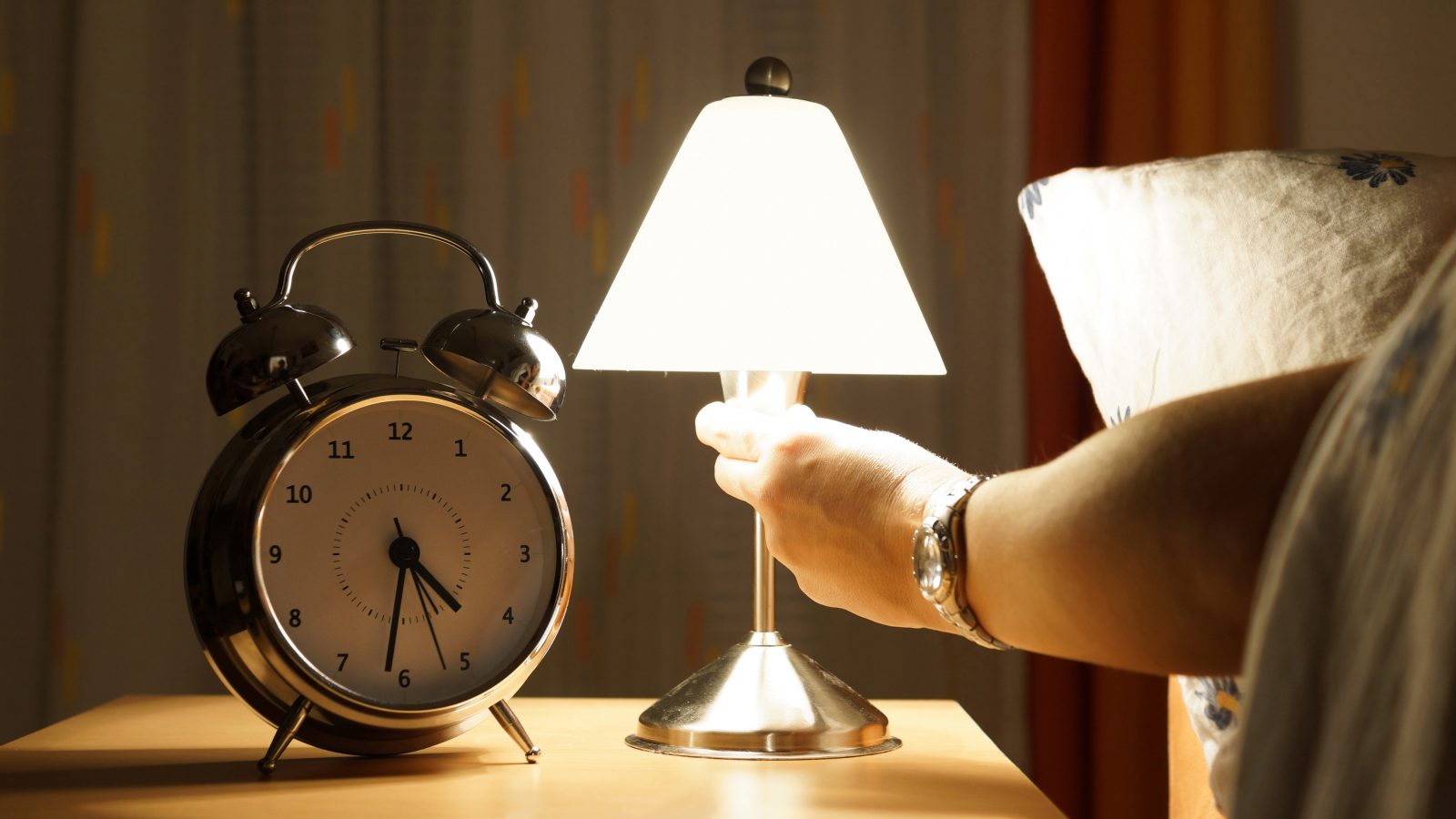
We’ve all experienced it. You’re
in bed, tossing and turning for what seems like hours. Or you ate ice cream or
pizza too close to bedtime, and now you’re awake and uncomfortable. Or maybe
you’re drifting in and out of sleep, restless.
Whatever the cause, the lack of
healthy sleep has an impact on how you feel and how you function.
“People talk about nutrition and
exercise, but they don’t talk enough about healthy sleep,” says Jisu Han, DO,
MSc, a Family Medicine Physician at Ryan Health | Wadsworth. “Sleep and health
are intricately related.”
The impact of not getting
quality sleep can be severe. You may have a poor attention span, be inefficient
throughout the day, or feel your creativity is dampened. This is because the
brain’s processing skills and emotional capacity are affected. The connection
between lack of sleep and accidents on the job is strong.
Lack of sleep even impacts your
immune system. Poor sleep dampens your immune system. It can also lead to an
inability to regulate sugar, affect our metabolism, and cause hormonal changes.
While everyone’s needs are
different, there are general guidelines for achieving quality sleep. Adults
need seven to nine hours of sleep every night. Those over 65 years of age are
recommended seven to eight hours of sleep.
There are several stages of sleep
that we all experience every night: light, deep, and dream sleep. These cycles
each last from 90 to 120 minutes. Those using sleep apps on their devices may
see the different cycles and the amount of time you’ve spent in them. The metrics
can help make you aware of the various stages, but it’s more important to focus
on whether or not you’re getting healthy sleep. Ideally, you will feel
refreshed when you wake from sleep.
There are a number of factors
that can inhibit quality sleep:
Screen Time. Screen time is a huge factor, whether it’s with a TV,
tablet, or phone or if you’re playing games or scrolling social media. Your
brain is engaged even if you’re mindlessly scrolling. It’s best to unplug and
unwind at least an hour before bedtime. And regardless of the comfort of
watching TV in bed, you should strive to make your bed a sacred place for
sleep and intimacy only. Strive to create a subconscious connection between the
bed and sleep that should be protected.
Exercise. Keep your exercise routine a few hours away from
your bedtime. It’s best to sleep in a cool environment, and exercise heats up
the body, which will impact your sleep.
Food and Drink. Keep a consistent time for meals, and don’t eat too
close to bedtime, even snacking. Your metabolism slows down while you’re
sleeping, and sleep impacts digestion and sugar metabolism. It’s best to stop
caffeine by 3:00 pm in the afternoon if your bedtime is 10:00 pm. Alcohol
might help you fall asleep initially but will actually interrupt the quality of
sleep all night.
Shift Work. Many Ryan Health patients work shifts at different
times. Those rotating shifts are difficult because they cause the body to change continually. It’s like being jet lagged every weekend. If you are
working an overnight shift, try to mimic the evening hours as much as you can
in the morning. Wear sunglasses when you’re coming home so the sun doesn’t
stimulate you, and take time to wind down before going to bed. For instance,
let others handle the kids in the morning if that’s part of your routine.
We’ve all heard of insomnia, but
did you know there are different types of insomnia? Acute insomnia lasts up to
three months. After three months, it is called chronic insomnia. But you can
bounce back from insomnia.
“You need to fall back into good
habits,” says Dr. Han. “Lifestyle changes are the most difficult to make, and
long-term change is difficult. If you have tried various methods to improve
your sleep but are still having trouble improving your sleep, you may need to
see a physician. You could have a medical condition like sleep apnea, a mental
health issue, or a side effect from medications you’re taking.
“Sleep is on the back burner in
modern society,” she continued. “We don’t hear enough about it, and we should.”
5 Tips For Better Sleep. Source: National Sleep Foundation
